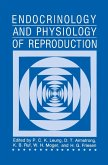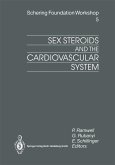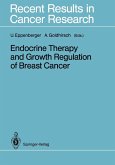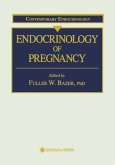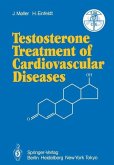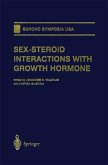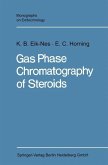Either deficient or excessive hormone production has been observed with respect to some rather bizarre clinical manifestations. Starting with the synthesis or isolation of pure hormones in the early 30s, estrogens (the female sex hormones) and androgens (the male sex hormones) have become readily available for clinical and other uses and their physiologic activity has been intensively studied. The relationship between hormones and cancer was perhaps one of the earliest research areas in cancer. In the early work of the 20s it was clearly shown in experimental animals that under certain conditions both endogenous and exogenous hormones could induce certain cancers and tumors. More recently, attention has been focused on the use of androgenic anabolic steroids by athletes as body builders and the widescale multiple use of estrogens in terms of carcinogenic hazard. Most striking in recent years are the potential adverse effects of estrogens relevant to sterility, gall bladder disease, and neoplasia. The pervasive environmental hazard contributed by estrogens may arise from variant sources. Such sources may be: (a) endogenous hormones, (b) estrogenic compounds occurring naturally in foods or as fungal con taminants in food stuffs, ( c) estrogens added to livestock feed, (d) estrogenic additives to cosmetics, (e) oral contraceptives, and (f) estrogens used clinically for threatened abortions, lactation suppres sion, menstrual anomalies, and therapeutic treatment of certain forms of cancer.
Dieser Download kann aus rechtlichen Gründen nur mit Rechnungsadresse in A, B, BG, CY, CZ, D, DK, EW, E, FIN, F, GR, HR, H, IRL, I, LT, L, LR, M, NL, PL, P, R, S, SLO, SK ausgeliefert werden.



